The sources of Skin Inflammaging
“Inflammation is the root of all evil” It’s something my mother has said to me a handful of times. I’d always dismissed her comment as melodramatic, but recently I learned that she might just be on to something, specifically with regards to skin health. As it’s something you want to avoid, here’s the top few things which promote skin inflammaging.
- Pollution – Air pollutants (particulate matter, black carbon, ozone) and persistent organic pollutants (organic compounds such as pesticides, solvents and dioxins) have been associated to increase in pro-inflammatory cytokines in multiple independent studies. [5, 6, 7]
- UV Exposure – While UV from sunlight is essential for forming Vitamin D in your body, it’s well known, excessive amounts of UV induces an array of events that can lead to inflammation as evidenced in multiple independent studies. [8, 9, 10, 11, 12]
- Alcohol & Cigarettes – We all know smoking isn’t good for you but alcohol? When alcohol is metabolized, it works as a vasodilator in that it widens the blood vessels that bring blood to the face causing inflammation all whilst releasing Reactive Oxygen Species causing even more inflammation. [13]
- Poor Skincare – Equally as important as using anti-inflammatory ingredients is avoiding aggressive ingredients that can further wound the skin, causing inflammation. Certain acids such as glycolic acid, preservatives such as phenoxythanol, surfactants such as SLS, retinols… the list goes on, can all cause inflammation by irritating the skin. [14]
What Should You Be Doing to Avoid Inflammaging?
The skin is your first and main barrier against the outside world, so it makes sense to keep it in top condition. As the conditions on your skin can influence various other health problems through epigenetics & the immune system, it becomes paramount to do all we can to maintain healthy skin.
The good news is that you can help stave off inflammaging. One way is to use skincare products designed to protect against environmental stressors which are formulated with multiple polyphenols, antioxidants and anti-inflammatory ingredients. Whilst we all know and love Vitamin E, just with anything, the more diverse and different types you have, the better it is. That is why each product in our range has been formulated with numerous concentrated botanical extracts.
Although anti-inflammatory ingredients are essential in the fight against inflammaging, successful treatment must also address two major skin issues.
The first is reinforcing and protecting the integrity of the barrier function, which studies have shown to reduce skin inflammaging by simply moisturising everyday with good quality skincare. [15] Thankfully, due to our unique LiquiCrystal technology strengthens the skin barrier by mimicking the lamellar structure of the skin.
The second & easiest way is to simply maintain a healthy lifestyle. While you can quit smoking, reduce your alcohol intake, cover up a bit more in the sun, cut out those highly processed foods full of unhealthy fats & sugars, only eating antioxidant-rich foods which will all do wonders for inflammaging, modern living also exposes us to higher levels of pollution. That pollution is sadly something that we can’t really escape from. So, it is vital to use gentle & effective cleansers to remove as much of the free radical causing pollution from our skin as possible. To that end, we created our face & body washes, both with pharmaceutical grade activated charcoal & gentle sugar based cleansers to remove pollution without causing inflammation.
The bottom line:
In the fight against the clock, many are willing to spend a lot of time and money on expensive anti-ageing regimes to look and feel younger.
But quick fix solutions and painful, harsh treatments are not the answer. Eating healthy, wholesome foods such as fruits, vegetables & nuts, reducing the amount of alcohol you consume and reducing excessive exposure to UV rays is the answer, it is something we can all do today.
Supporting the skin with gentle, natural ingredients, many of which have proven benefits due to the various anti-oxidants, polyphenols, fatty acids, ceramides and all manner of other compounds that work in harmony to strengthen our skin to protect your investment as soon as possible.
Look at the skin in a sustainable way. What you do today will have consequences tomorrow.
The science in skincare is our ongoing series helping consumers better understand the science in skincare. We translate the science into a format that is much easier to read, bust the myths and give you a clear, transparent and honest assessment so you can make an informed choice of what goes onto your skin.
Be the first to hear about our new articles by signing up to our email newsletters or by following us on Facebook or Twitter
Sources:
[1] Lipids and the epidermal water barrier: metabolism, regulation, and pathophysiology, Semin Dermatol – PM Elias and KR Feingold.[2] Does the tail wag the dog: Role of the barrier in the pathogenesis of inflammatory dermatoses and therapeutic implications, Arch Dermatol – PM Elias and KR Feingold.[3] Is inflammaging an auto[innate]immunity subclinical syndrome?, Immun Ageing – S Giunta.[4] The epigenetics of inflammaging: The contribution of age-related heterochromatin loss and locus-specific remodelling and the modulation by environmental stimuli – Christine Nardini, Jean-Francois Moreau, Noémie Gensous, Francesco Ravaioli, Paolo Garagnani, Maria Giulia Bacalini. [Science Direct] [5] Medium-term exposure to traffic-related air pollution and markers of inflammation and endothelial function Environ. Health Perspect. – S.E. Alexeeff, B.A. Coull, A. Gryparis, H. Suh, D. Sparrow, P.S. Vokonas, J. Schwartz.[6] Mechanisms underlying nano-sized air-pollution-mediated progression of atherosclerosis: carbon black causes cytotoxic injury/inflammation and inhibits cell growth in vascular endothelial cells Circ. J. Off. J. Jpn. Circ. Soc. – H. Yamawaki, N. Iwai.[7] Long-term persistent organic pollutants exposure induced telomere dysfunction and senescence-associated secretary phenotype J. Gerontol. A Biol. Sci. Med. Sci – J. Yuan, Y. Liu, J. Wang, Y. Zhao, K. Li, Y. Jing, X. Zhang, Q. Liu, X. Geng, G. Li, F. Wang.[8] Barrier disruption stimulates interleukin-1 alpha expression and release from a pre-formed pool in murine epidermis – J. Invest. Dermatol. Wood L C, Elias P M, Calhoun C, Tsai J C, Grunfeld C, Feingold K R [PubMed] [9] The effects of ultraviolet A and reactive oxygen species on the mRNA expression of 72-kDa type IV collagenase and its tissue inhibitor in cultured human dermal fibroblasts. Arch. Dermatol. – Kawaguchi Y, Tanaka H, Okada T, Konishi H, Takahashi M, Ito M, Asai J. [PubMed] [10] Inhibition of ultraviolet-induced formation of reactive oxygen species, lipid peroxidation, erythema and skin photosensitization by polypodium leucotomos. Photodermatol. Photoimmunol. Photomed – Gonzalez S, Pathak M A. [PubMed] [11] Molecular regulation of UVB-induced cutaneous angiogenesis. J. Invest. Dermatol – Bielenberg D R, Bucana C D, Sanchez R, Donawho C K, Kripke M L, Fidler I J. [PubMed] [12] Mechanisms of UV-induced inflammation. J. Invest. Dermatol – Hruza L L, Pentland A P. [PubMed] [13] How Is Alcohol Metabolized by the Body? – Samir Zakhari, Ph.D. [NIAAA] [14] Comparative effectiveness of alpha-hydroxy acids on skin properties, Int J Cosmet Sci – WP Smith.[15] Topical applications of an emollient reduce circulating pro‐inflammatory cytokine levels in chronically aged humans: a pilot clinical study – L. Ye, T.M. Mauro E. Dang, G. Wang, L.Z. Hu, C. Yu, S. Jeong, K. Feingold, P.M. Elias, C.Z. Lv, M.Q. Man. [JEADV]
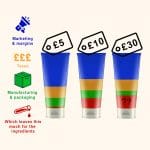 Are You Buying Skincare The Smart Way?
Are You Buying Skincare The Smart Way?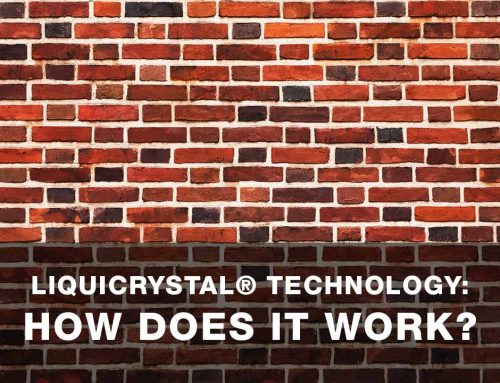
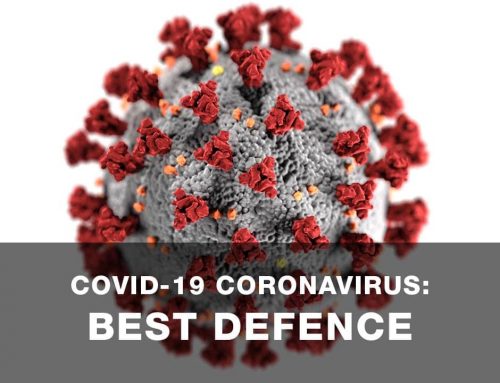
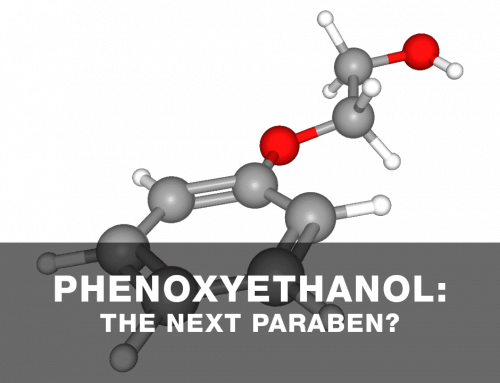
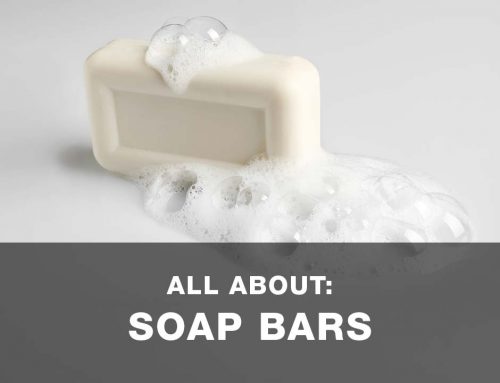
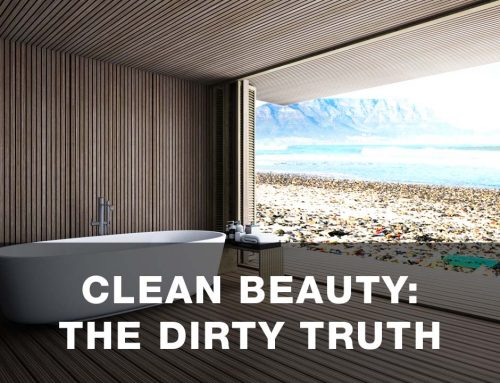
Leave A Comment